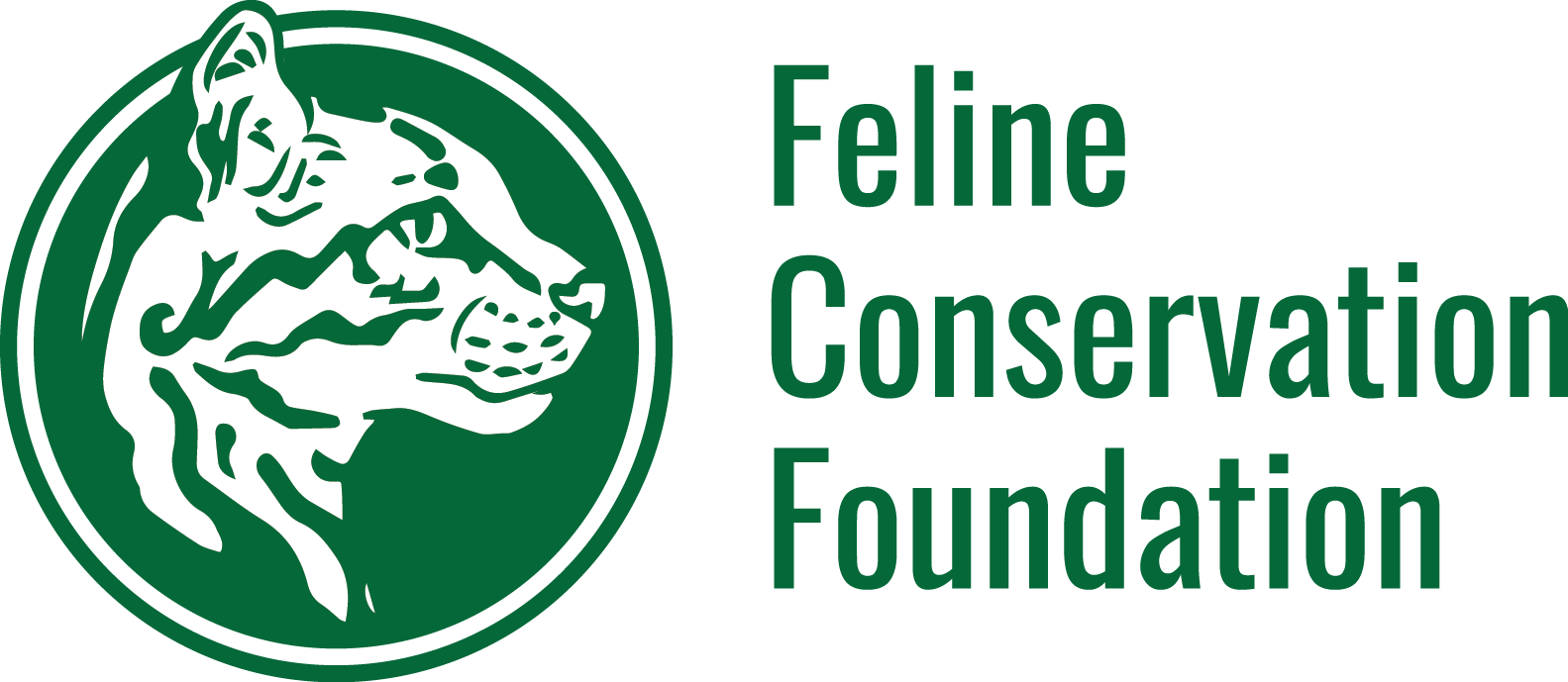
Mission Statement
To advance wild feline conservation through strategic partnerships fostering collaboration and innovation.
Vision Statement
Envisioning a world where wild feline conservation projects are robustly supported and funded by communities and key stakeholders, leading to thriving populations and preserved natural habitats.
Purpose Statement
Our purpose is to empower licensed facilities by advocating on their behalf and supplying them with comprehensive educational resources that enhance both animal welfare and our conservation initiatives. We aim to bridge the knowledge gap between experienced professionals and novice wild feline enthusiasts, emphasizing the critical importance of supporting conservation efforts.
Wild Feline Possession Position Statement
The FCF supports legal possession by members whose values and ethics align with the organization’s mission and supports conservation of wild felids.
Feline Breeding Position Statement
The FCF supports responsible breeding of captive-born wild felids when there is a value in reproduction for education, conservation, and genetic diversity. There should be a plan in place for whole life care by the breeding facility.
Interaction with Wild Felines Position Statement
It is not legal for members of the public to interact with big cats. The FCF recognizes the levels of risk inherent in any type of contact with wild cats of any size, and strongly supports professional training in operant conditioning for anyone working with these animals, especially big cats. The FCF strongly supports the use of operant conditioning training focused on alleviating the stress that may be caused by normal husbandry practices and discourages training that is focused on behaviors not related to those natural to the animal.
Use of Wild Felines as Ambassador Animals Position Statement
Facilities that use small wild felines as ambassador animals must adopt a detailed animal welfare plan designed to support the well-being of these animals throughout their entire lives. This plan should specify the age at which animals start participating in public outings, and outline their nutritional requirements, veterinary care, and appropriate training and desensitization practices. It must also set clear guidelines on the type and duration of public exposure, and be flexible enough to accommodate the evolving needs of the animals as they age, including a retirement strategy. Recognizing the significance of ambassador animal programs, we emphasize their role in educational outreach and in motivating community actions that enhance animal welfare and further conservation goals.
Justice, Equity, Diversity, and Inclusion Statement
The Feline Conservation Foundation strongly believes that we need a diverse community involved in all aspects of this organization to save the world’s felines. We strive to create an inclusive environment for anyone who wishes to participate in FCF efforts, and conservation in general, and value inclusion and equity in all of our initiatives and programs.
